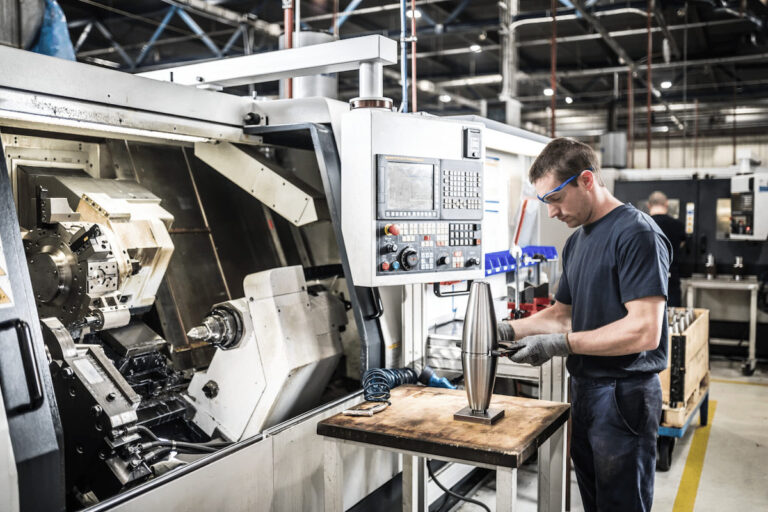The French government has been reported that the private industry, including the automotive department, is calling for large military production, especially the KAMIKAZE drone production.
This Initiative, reported by French newspapers L’Opinion, has shown a growing urgency of France to enhance military abilities in the advanced war in Ukraine.
Emmanuel Chiva, the head of the French Defense Procurement Bureau Genelare de Armement (DGA), emphasized the need for quick reforms to rationalize the procurement process and increase mass production.
The important part of this initiative is mass production of KAMIKAZE drone. According to the report, at least one major French car manufacturer has already been approached to produce the same drone as used on the Ukrainian battlefield.
The goal is to manufacture thousands of drones within a few months. This is a production scale that was not seen before in the traditional French defense department.
This movement triggered the war in Ukraine. Ukraine has revealed vulnerabilities in the French defense industry, which produces military equipment at the size and speed required for modern wars.
A widespread use of kamikaze -style drones in Ukraine indicates the possibility of changing combat strategies and frequently functions as an alternative to traditional bombardments.
“This is not what our manufacturers are used to, because it was not an important criterion for us for decades, so we need to look for industrial experience in other sectors.” And chiva said.
In addition to the automotive industry, the French government is considering enlisting specialized knowledge from chemicals, energy, and food production to support the mass production of drones and other military hardware. It is conveyed.
This call reflects the historical precedent of World War I when a French company like Michelin and Renault shifts private operations and produces military equipment, including airplanes and tanks.
The DGA’s current initiative aims to resonate this approach and turn the private industry into an important pillar of defense production.
I will move to thinking during the war
NATO is strengthening efforts to strengthen weapons and equipment as a part of a wider shift to the “War Thinking” mentality, launched by the newly appointed secretary -general Mark Latte.
The strategy responded to the advanced disputes in Ukraine, urging the military alliance to reconsider the approach to the production and preparation of defense.
The war in Ukraine has revealed the basic reconsideration of how the member states should prepare for future conflicts, as the vulnerability of NATO’s defense capabilities.
Recently, NATO has begun to transfer confidential information to the defense industry, and it has been reported that the manufacturer has been able to respond effectively with the evolving needs of Alliance.
This movement includes the provision of the most urgently necessary weapons and equipment that requires the classified guidance.

Secretary Latte, in the first major speech of last year, acknowledged that the European countries were not ready for the potential threats brought to Russia, and asked the members to provide a “turbo charging” defense. Ta.
He warned that NATO was not ready to respond to issues that could face in the next four to five years, and warned that it emphasized the urgency of improving defense. He pointed out that the Ukrainian conflict emphasized the importance of preparing for similar issues in Europe soil.
European officials reflect Rutte concerns, and EU’s diplomat KAJA Kallas emphasizes the possibility that Russia will target the European Union in 2028.
In a speech at the European Defense Agency meeting held on January 23, Crows mentioned the national information report indicating that Russia could immediately test the EU’s defense ability.
She emphasized the need for the EU to strengthen military preparation and pointed out that Russia’s President Vladimir Putin’s leadership was being moved by the “language of power.”
With the intensification of Russia, European countries have accelerated defense initiatives. For example, in France, the government is actively working to strengthen the defense industry.
Last year, Sebastian Rekornu, a French minister, signed an unprecedented UAV agreement designed to promote the cooperation between the French and national drone industries.
The agreement aims to develop strategic unmanned aircraft (UAV) capacity focusing on drones under 150 kilograms.
This agreement reflects a more broader strategy of France to strengthen defense capabilities, and is consistent with promoting production and preparation in accordance with evolving security issues.


